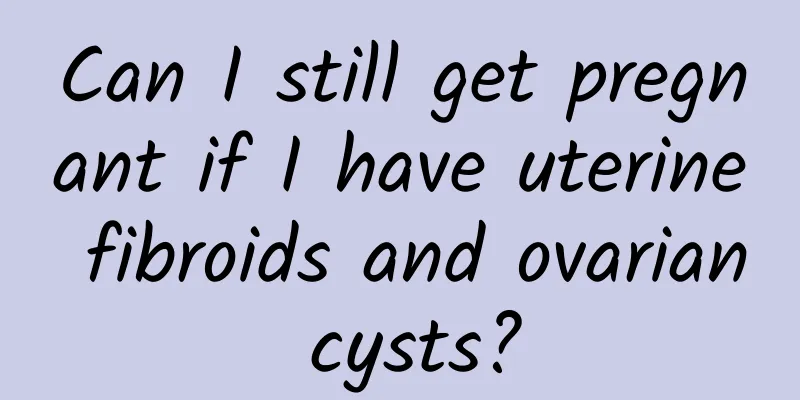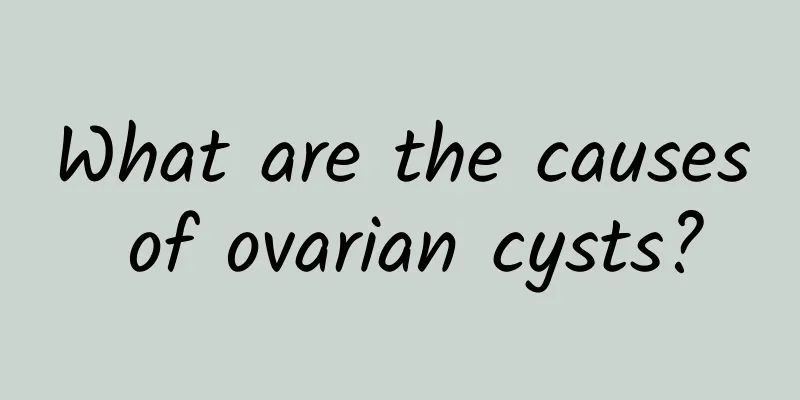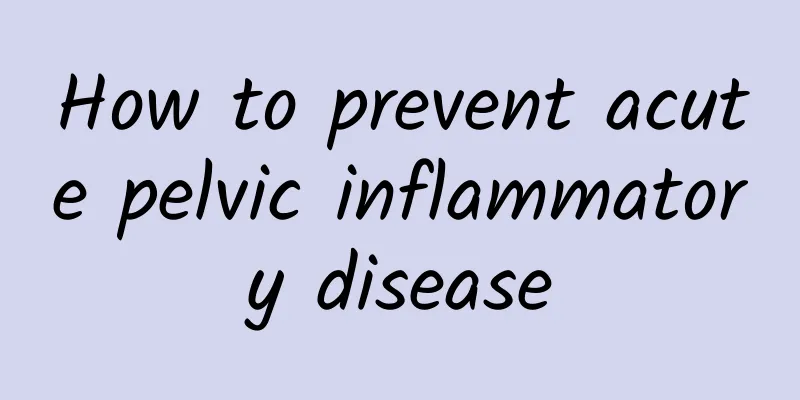Can I still get pregnant if I have uterine fibroids and ovarian cysts?

|
Women with uterine fibroids and ovarian cysts may still be able to get pregnant, but the chances of pregnancy and the safety of pregnancy depend on the size, location, nature of the fibroids and cysts and the physical condition of the woman. It is recommended to conduct a detailed examination and evaluation before pregnancy, and to receive treatment if necessary, to reduce the risk of complications during pregnancy. 1The impact and treatment of uterine fibroids Uterine fibroids are common benign tumors in women, but their size, location, and number can affect the possibility of pregnancy. Submucosal fibroids located in the endometrium may hinder embryo implantation or cause miscarriage, while subserosal or smaller intramural fibroids usually do not affect pregnancy. If the fibroids are large or cause symptoms such as menorrhagia and abdominal pain, the fibroids can be temporarily reduced by medication such as GnRH agonists, or surgical treatment such as hysteroscopy or laparoscopic myomectomy can be selected according to the doctor's advice to improve fertility conditions. 2 Impact and treatment of ovarian cysts Ovarian cysts are usually functional cysts such as corpus luteum cysts or follicular cysts. Most of these cysts will be absorbed by themselves and will not affect pregnancy. However, some pathological cysts such as chocolate cysts, teratomas or malignant tumors may interfere with ovulation or cause infertility. For larger cysts or suspected malignant cysts, it is recommended to perform imaging examinations and determine whether laparoscopic surgery is needed to protect ovarian function and fertility. 3 Comprehensive assessment and pregnancy preparation suggestions For women with uterine fibroids and ovarian cysts, a comprehensive gynecological examination should be performed before planning pregnancy, including ultrasound, blood hormone level measurement, and alpha-fetoprotein and CA125 index screening if necessary. If problems are found, treatment should be taken as soon as possible. During the period of preparing for pregnancy, it is also necessary to maintain a healthy lifestyle, eat a balanced diet, consume more foods rich in folic acid, vitamin E, iron and other nutrients, and avoid strenuous exercise during menstruation and staying up late. Women with uterine fibroids and ovarian cysts should communicate with their gynecologists in a timely manner according to their personal conditions and develop scientific treatment and pregnancy preparation plans. Adequate examination and intervention can significantly increase the success rate of pregnancy and reduce potential risks during pregnancy. |
<<: Can I eat longan meat if I have uterine fibroids?
>>: Pelvic effusion and abnormal vaginal discharge
Recommend
What causes Bartholinitis?
Bartholinitis is a common inflammation of the fem...
Why is vaginitis prone to recurrence?
Vaginitis is an inflammation of the vaginal mucos...
What is the reason for heavy menstrual flow and blood clots?
Irregular menstruation is a common gynecological ...
What medicine is good for cervicitis
Cervicitis, also known as inflammation of the cer...
Revealing the dangers of dysmenorrhea that women should know
During menstruation, some women often experience ...
Delayed menstruation without pregnancy, abnormal leucorrhea
Delayed menstruation without pregnancy, accompani...
Is mild cervical erosion a serious problem? Don’t let it develop
Some women do not seek treatment for mild cervica...
What are the dangers of functional uterine bleeding?
Functional uterine bleeding may lead to anemia, i...
Can uterine fibroids be cured?
Can uterine fibroids be cured? 1. Uterine fibroid...
Woman suffers from sleep eating disorder, eats dog food, sleep disorder, obesity
Does sleep affect weight? Studies have found that...
How to prevent miscarriage in early pregnancy
Many women want to know how to prevent miscarriag...
What are the causes of irregular menstruation?
Menstrual irregularity is a common gynecological ...
What foods are good for pelvic inflammatory disease
Is pelvic inflammatory disease common in daily li...
Experts introduce the precautions after the first abortion
Many female friends who have abortions for the fi...
What are the harms of menopause to patients?
Among gynecological diseases, menopause does not ...









